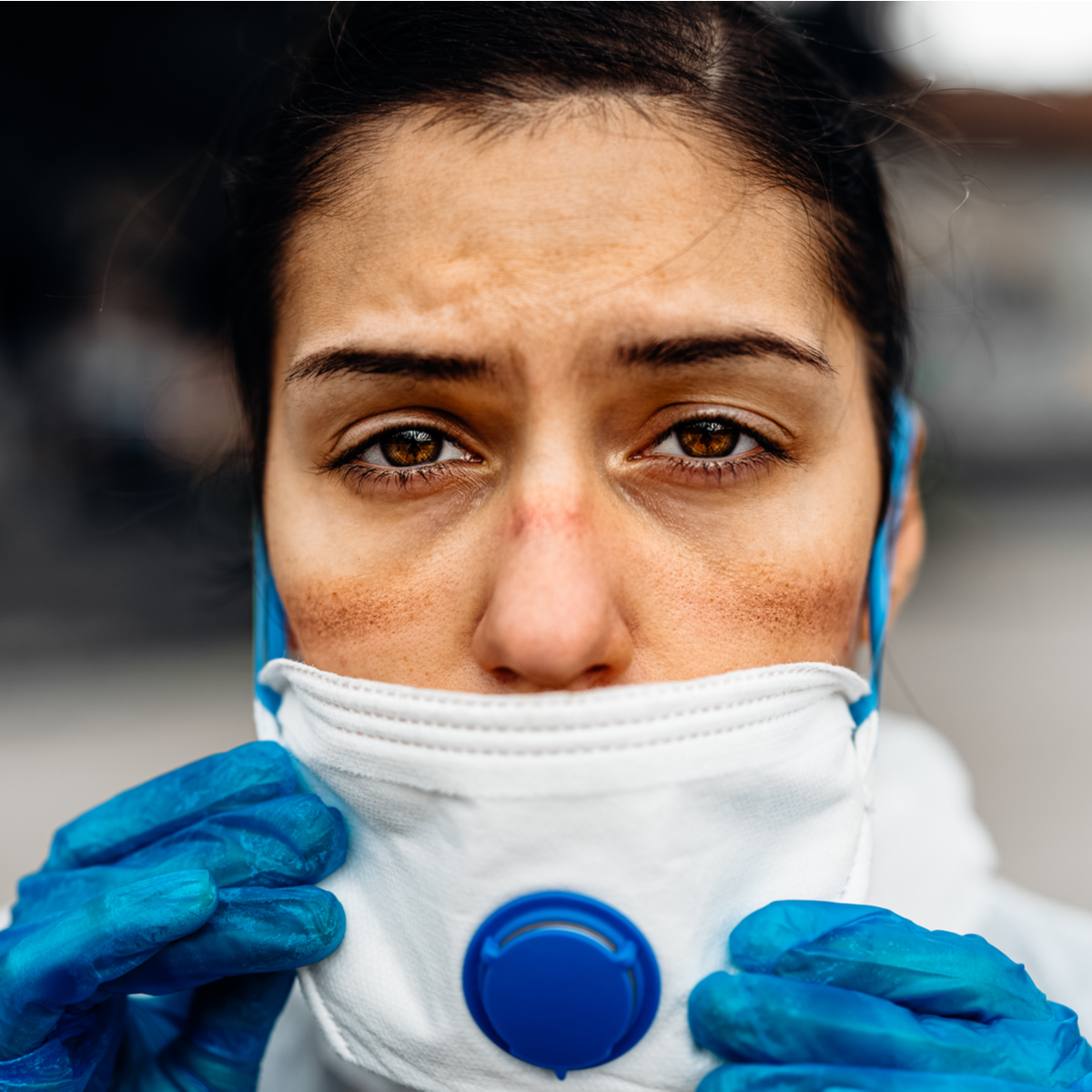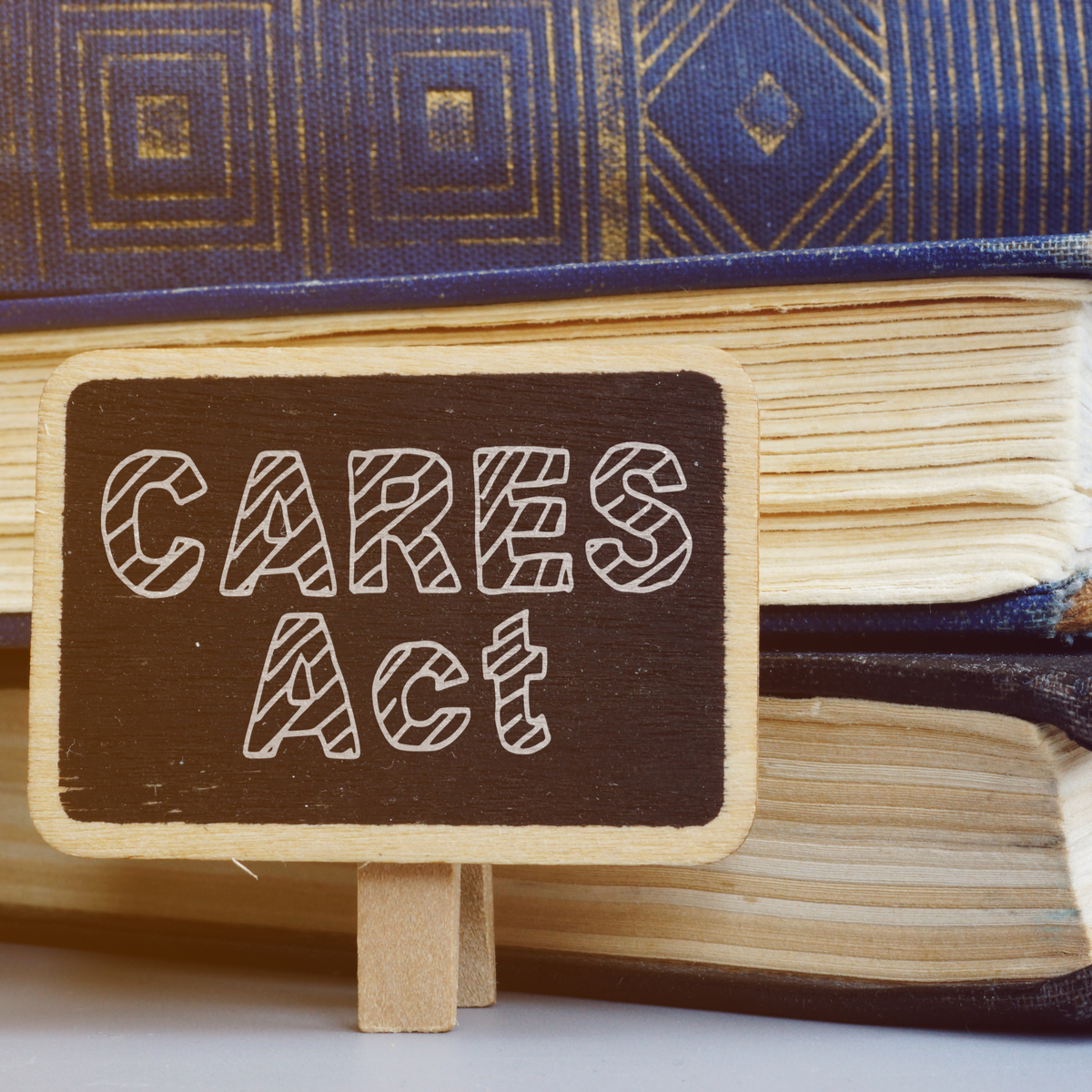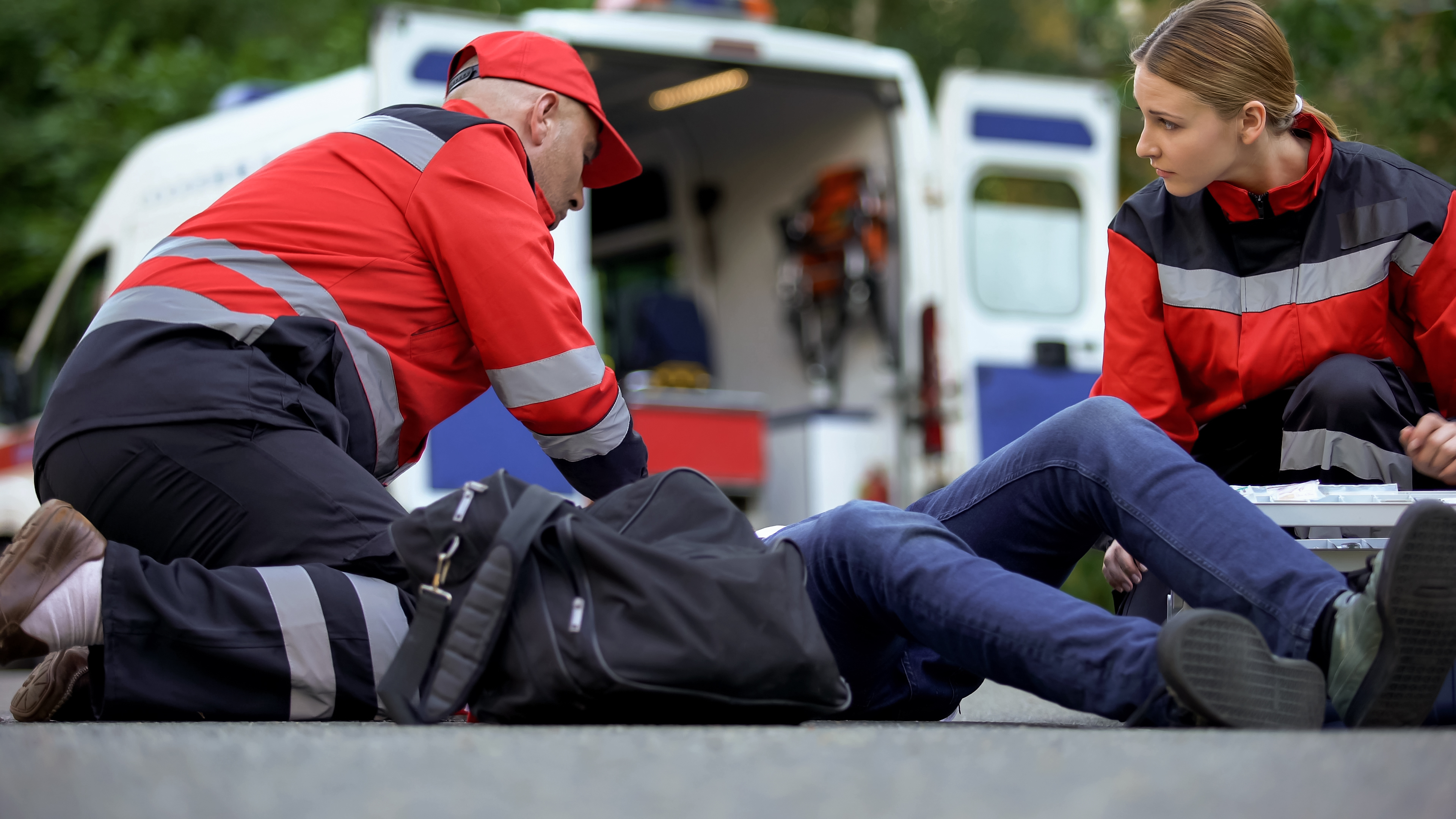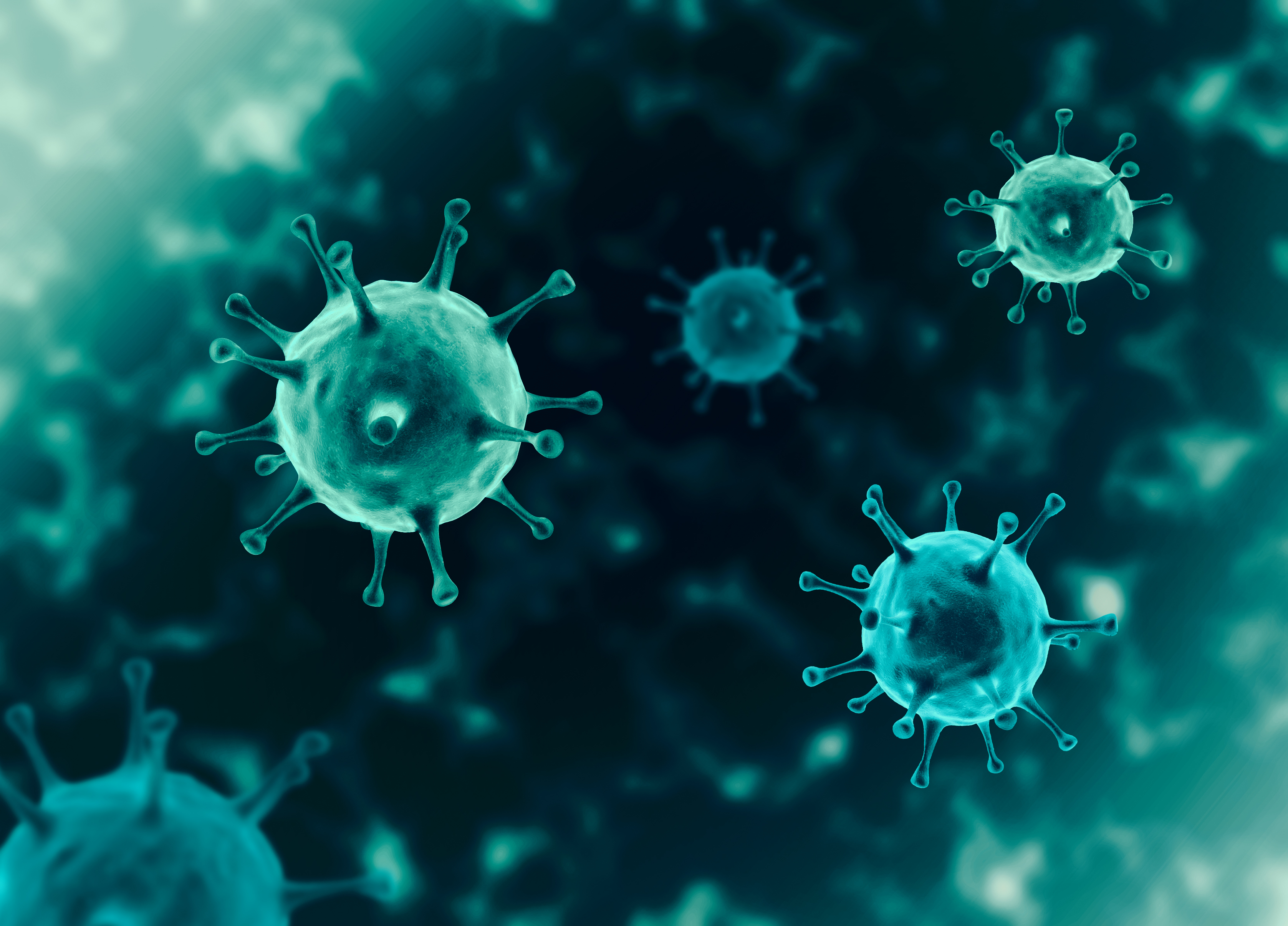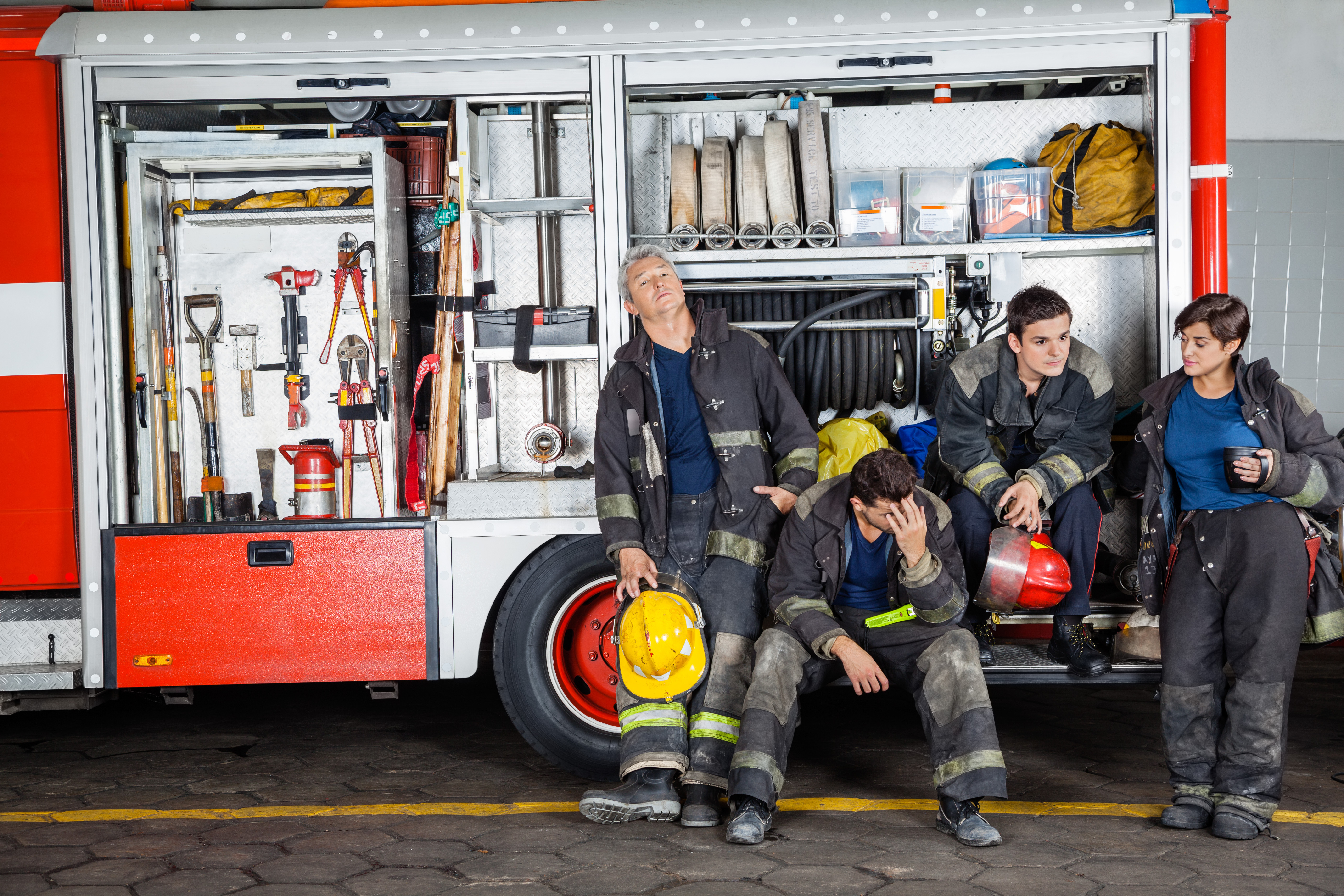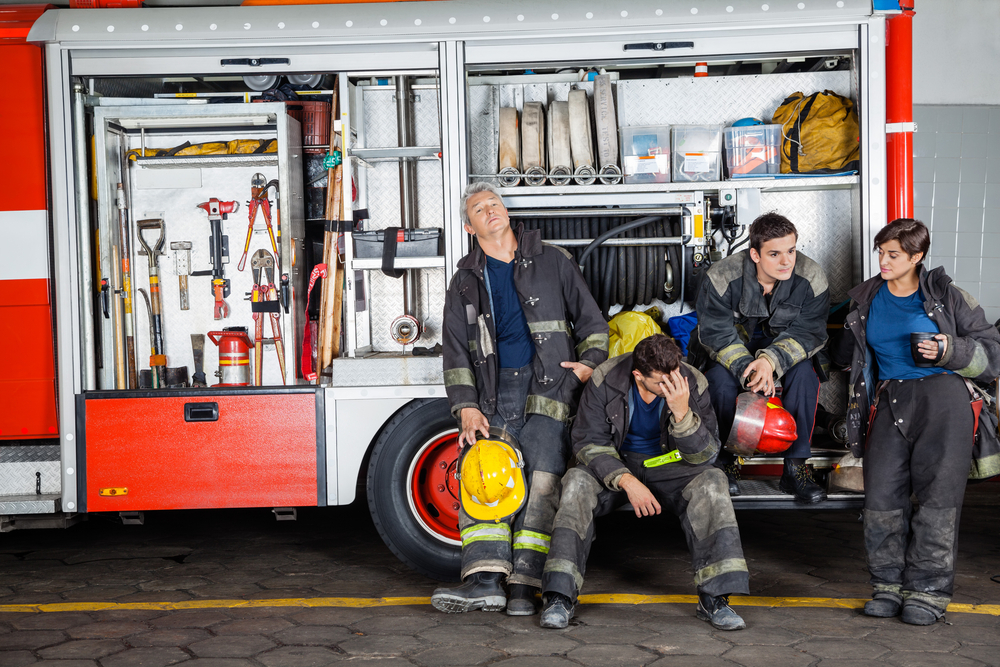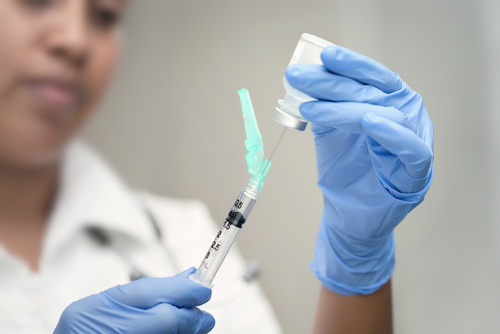Post-traumatic stress disorder (PTSD) is a common concern for EMS professionals, but the COVID-19 pandemic has placed unique pressures on everyone in the sector. First Responders now have to deal with profound pressure on top of the normal stresses that come with the job. This means that EMS Directors, Fire Chiefs or Deputy Fire Chiefs need to do all they can to protect the mental and physical wellbeing of their staff.
Understanding COVID-19 & PTSD in First Responders
Topics: EMS, EMS Health, PTSD
The Coronavirus Aid, Relief, and Economic Security (CARES) Act is a $2 trillion economic relief package introduced to soften the impact of the COVID-19 pandemic. Passed by Congress on March 27, 2020, the CARES Act is intended to provide “fast and direct economic assistance for American workers, families, and small businesses, and preserve jobs for our American industries”.
Topics: EMS, EMS Health
Self-Care Tips For Emergency First Responders During COVID-19
The Covid-19 pandemic places unprecedented pressure on nationwide healthcare systems and first responders. As a result, we are seeing negative effects that prolonged stress has on the mental and physical wellbeing of our emergency first responders. Other concerns, such as a general lack of PPE and understaffed facilities, are compounding matters and pushing our police, firefighters, and ambulance workers closer to burnout.
Topics: EMS, EMS Health
Is Community Paramedicine Right For Your Private Ambulance Company?
Community paramedicine is a growing healthcare initiative that sees emergency personnel operating in expanded roles to strengthen underserviced areas of healthcare in their communities.
According to EMS1, this evolving model is increasingly adopted as EMS agencies are stretched thin by aging populations, chronic illnesses and soaring healthcare costs. The added strain of the COVID-19 pandemic is exposing gaps in community treatment, necessitating the need for more EMS professionals to go over-and-above their chosen roles.
Topics: EMS Health, Infection Prevention
A Tribute To Emergency Personnel During The Coronavirus Pandemic
The COVID-19 crisis has galvanized an unprecedented global healthcare effort to ‘flatten the curve’ and stem the spread of the virus. Yet, despite our best efforts, many healthcare facilities and emergency services are overwhelmed by the number of patients requiring treatment. In turn, healthcare professionals are having to dig deep and find it within themselves to perform in the face of great adversity.
Topics: EMS Health, Infection Prevention
What You Need to Know About PTSD in First Responders
Post-traumatic stress disorder (PTSD) is a serious condition that affects people who have experienced frightening or shocking events. Symptoms include anxiety, depression and intrusive thoughts and memories that continue to affect day-to-day life, wellbeing and peace of mind long after the traumatic event has passed.
Unfortunately, people who put their lives on the line in the service of others often suffer from PTSD. Though first responders are trained to deal with tragedy and trauma, these events inevitably take their toll.
Topics: EMS Health, PTSD
People often look upon first responders as heroic. They rush towards danger when other people might run away. And the physical demands of being a first responder are undeniable. First responders are in charge of patient maneuvering debris, breaking down barriers, and patient transport. There's even a type of "carry" named after the fireman.
Topics: EMS, EMS Health
First responders such as EMS personnel, firefighters and law enforcement officers often deal with disturbing scenes when attending to accident victims, fires and violent crime. Although trained to deal with trauma, these tragedies inevitably affect you, especially in the aftermath when you start to process your feelings. Many people experience feelings of anger, helplessness, anxiety and guilt from what they have seen and their perceived inability to adequately help. Additionally, a significant percentage develop Post Traumatic Stress Disorder (PTSD), a condition that's debilitating and difficult to treat. To compound the issue, few EMS services cover treatment costs, time off and workman's compensation for PTSD. Fortunately, this antiquated view is changing and numerous states have, or are enacting, legalization providing workman's compensation for PTSD.
Topics: EMS, EMS Health
Many EMS services report difficulties attracting and retaining EMTs and paramedics. The rate of attrition varies across services, but there are several common factors including emotional and physical wellbeing. These factors contribute towards high voluntary EMS turnover.
Topics: EMS Health
Why All EMTs and Paramedics Should Get the Flu Shot
The annual flu season is just around the corner and as an EMT or paramedic you are more than likely to come in contact with someone who has the flu. This is especially true considering information released by the CDC shows a gradual increase that indicates the 2018-2019 season is almost upon us. It's time to get your flu shot if you haven't already done so, since you are the first line of infection prevention.
Topics: EMS Health, Infection Prevention
